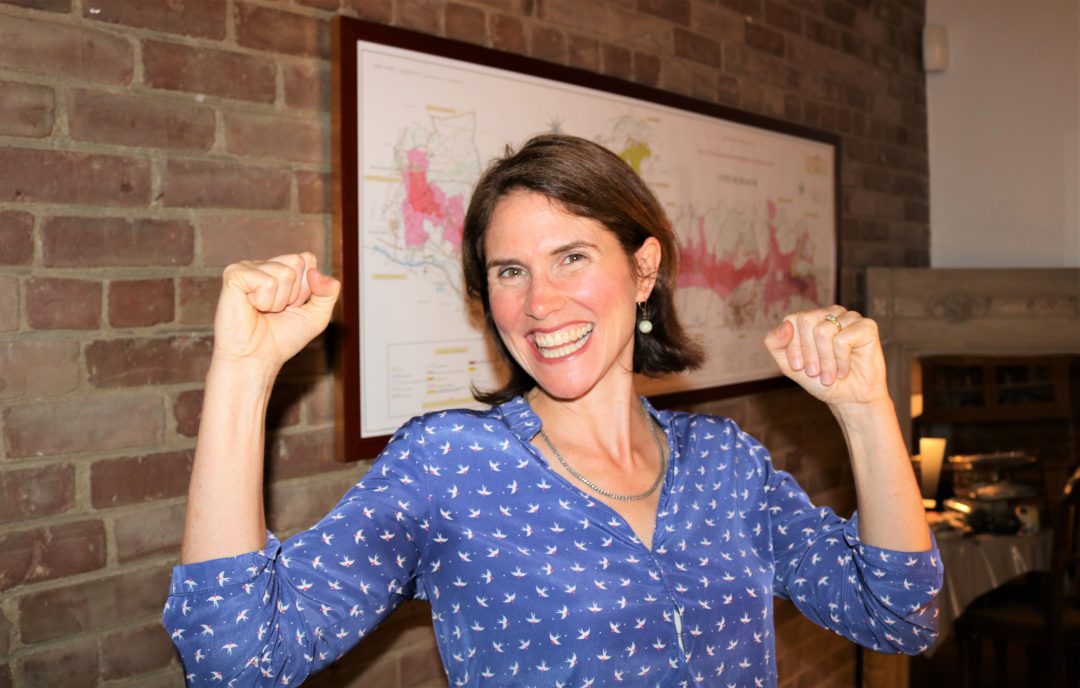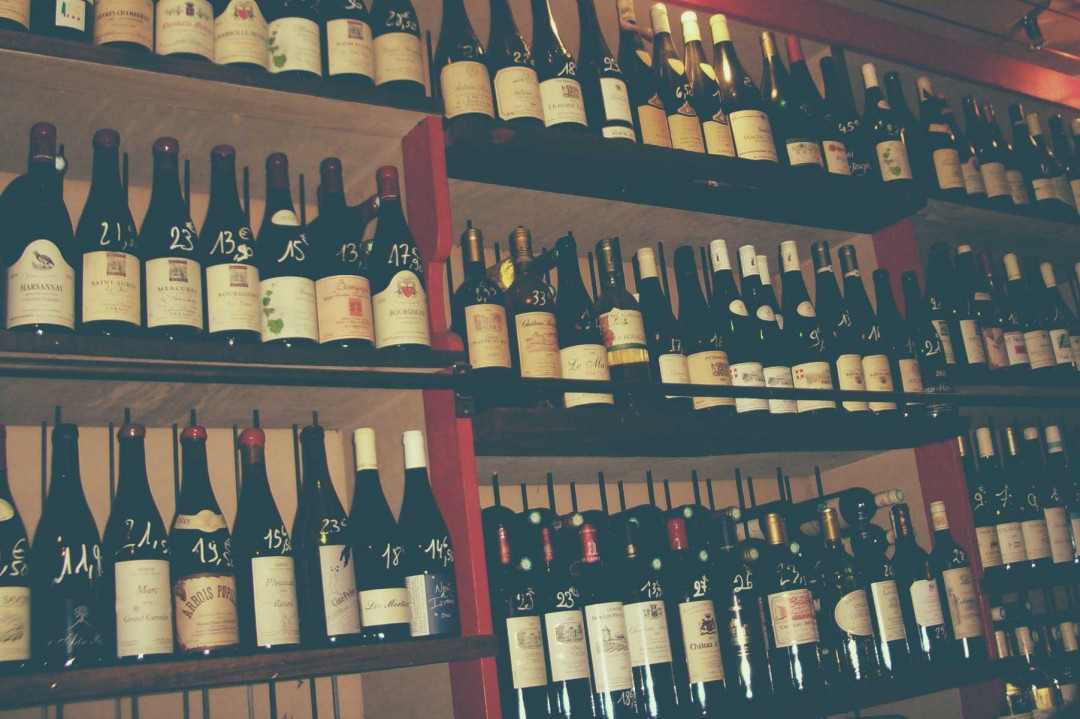I am delighted…
Those three words have been running through my head for months now. This is how the form letter that signals Master of Wine Exam success begins. A pass brings, “delighted”, and defeat is announced by, “unfortunately”.
There is a three month period between sitting the notoriously challenging Master of Wine (MW) exams and receiving results. Three months of wondering and worrying. The list of wines used for the blind tastings is published a week after the exams, leaving 12 weeks to fret over all missed wines, misjudged quality levels, erroneous vintages, etc.
For those that haven’t been following my progress, I started my MW studies back in 2015 pregnant with my now four year old pre-kindergartner. I successfully navigated stage one and managed to pass the theory aspect of the stage two exams on my first attempt in 2016 (read article). With baby number two due right around exam time, I decided to take 2017 off. In 2018, I took a second stab at passing the stage two practical (tasting) exams.
“Unfortunately, you haven’t succeeded this time”.
This crushing sentence followed a neat little table detailing my failing marks. Oh, how my heart sank. Oh, how I wallowed in self pity. It took me a good month to dust myself off and get back in the game. The fear of failing again, of disappointing my family and friends, was overwhelming. The financial burden was also considerable.
I also had to get over my ego. Friends and acquaintances not in the wine industry would often say to me, “Oh, are you still studying for that wine course?”. Which led me to offer long, rambling over-justifications about the difficulty of achieving Master of Wine exam success. It took me more than a few glazed over looks to realize that no one was judging me, other than myself.
In preparation for my third attempt at the Master of Wine practical exams, I decided to throw everything I had at it. I would train not only my palate, but also my mind and body. I went to see a hypnotherapist to improve my confidence levels. I saw a physiotherapist weekly to remedy a nerve issue which was slowing down my writing speed. I meditated regularly. And I blind tasted. Every day.
When June rolled around I felt ready. Walking into the exam centre each morning I felt just the right mix of nervous energy to propel me through the 12-wine blind tastings without any of those terrible dear-in-the-headlights moments I had felt in previous years. I came home in a state of cautious optimism which I tried my damnedest to maintain throughout the long summer.
And I am DELIGHTED to announce that this was my year! I can’t claim to have nailed every single wine but I did write detailed and, I suppose, sufficiently convincing arguments to have achieved an overall pass.
Words cannot describe the immense joy and huge sense of relief I felt waking up to those precious 9 letters on Monday morning. The outpouring of kind words and messages from family and friends was overwhelming. The celebration was epic.
So what’s next? I now have the pleasure of writing a 10 000 word research paper on a wine-related topic of my choosing. Only then will I have the ultimate thrill of being able to append the coveted letters “MW” to my name.


